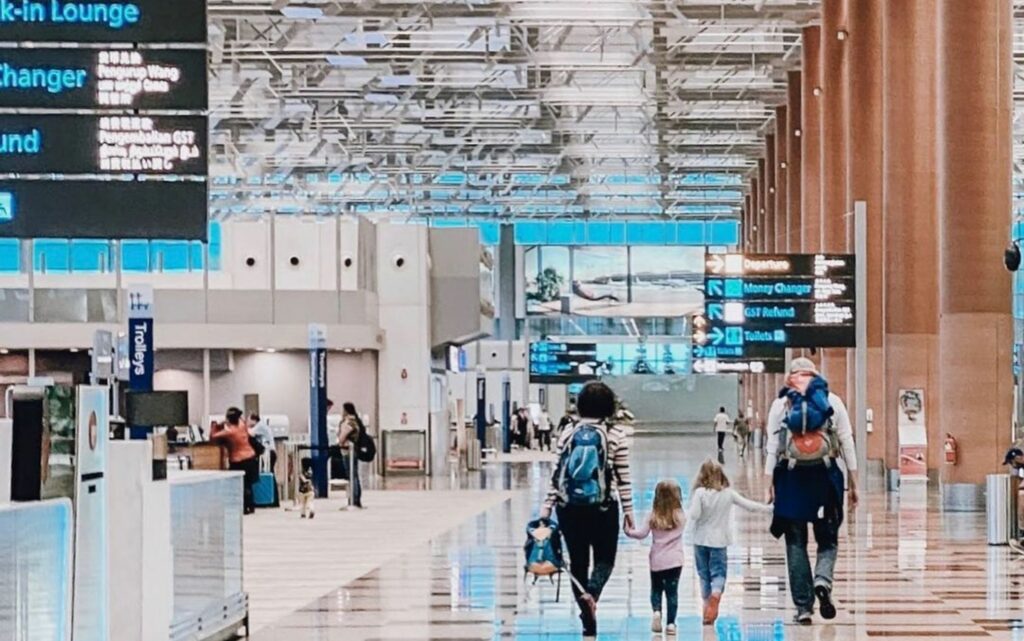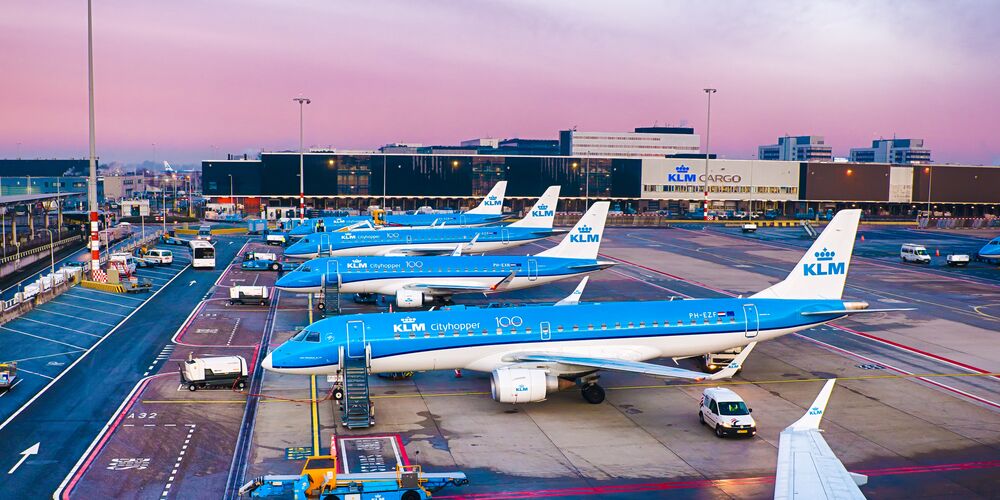Tough times for crews, some leave the hotel room and get arrested and some get fined for partying
The Covid-19 emergency has led to the materialization of situations that were unthinkable, to say the least, until a year ago. He knows this well [...]
The emergency Covid-19 has led to the materialization of situations that were unthinkable, to say the least, until a year ago. This is well known by a flight attendant from KLM, arrested for leaving his hotel room. The whole thing took place in Singapore, where he is apparently still in detention.
In this article:
Taking into account the still ongoing pandemic, it is necessary to be thoroughly familiar with the internal regulations of the various countries, especially if you intend to engage in a lot of travel, for business or pleasure. Singapore has implemented a very restrictive set of rules regarding international flights in order to protect the local population.
Some regulations are designed specifically for flight attendants of the various airlines. They are required to stay within the booked hotel rooms. A forced stay that cannot be interrupted. This ensures a safe corridor for the workers, who are required to stay in the room from arrival to departure. It goes without saying that this regulation applies as much to flight attendants as it does to pilots and other workers on international flights.
In many cases, you are not even allowed to open the door to your room, let alone indulge in the luxury of go to the hotel lobby, as happened in Singapore. The arrest was immediate, and it is still unclear why the KLM employee decided to take such a risk, for himself and others. According to initial speculation, it appears he may have considered it possible to move inside the hotel, avoiding going through the entrance doors, Forgetting that room keys that are given to crews can only open the room door once.

KLM's statement
On the matter KLM has already spoken out, issuing an official press release. A few lines to explain what happened: "On November 14, a KLM crew member violated local coronavirus-related quarantine rules by temporarily leaving his hotel room without permission. We will make no further announcements." Further information on the matter is difficult to obtain, but it appears that the person is still subject to detention, pending official charges.
The case of Australia
A rather serious problem to solve, it seems, that of flight attendants. Managing to confine them to the room is not such an easy task. If in the case of KLM it was a single element, as many as 13 people have been reported in Australia, guilty of violating the imposed quarantine.
It all took place in Mascot, a suburb of Sydney, where police officers responded to some reports and found that 13 flight attendants had spent an evening among local clubs. Each of them was fined $1,000. The incident prompted the Australian government to revise regulations regarding attendants on international flights.
At present there is a redistribution of flight attendants to a total of 25-26 hotels. In order to be able to provide better control, the number of facilities will be reduced to two.
Bans dictated by Covid
Not an easy time for KLM, which finds itself facing this issue after the announcement of the ban by Hong Kong. Strict rules for international flights: a two-week stop on arrivals for a given airline if even one positive case is reported on board. It was therefore impossible to operate KLM flights from Amsterdam to Hong Kong from December 4 to 17. Transportation resumed a few days ago, although those from Hong Kong to Amsterdam were never disrupted.
Italy, along with other countries, also recently imposed a ban on some flights. A decree by the minister of health Roberto Speranza vetoed air links between Italy and the United Kingdom. With immediate effect, an attempt is being made to stem the spread of a "new virus," namely a variant of Covid-19 that is spreading in England.
Apparently the vaccines developed may have an effect on this "new coronavirus", but Italy does not intend to take any risks, pending new scientific studies. The Netherlands, Belgium, France and Germany are also of the same opinion.
- 6,000 Mile Registration Bonus
- Collect miles WITH EACH PURCHASE
- Your miles with no expiration*
- No fees for ATM withdrawals and foreign purchases
- Without having to change banks
- Autonomous card activation
- Multi-function mobile application
- Free travel insurance
- Free credit for up to 7 weeks
- Contactless Payment
- Mastercard® SecureCode



